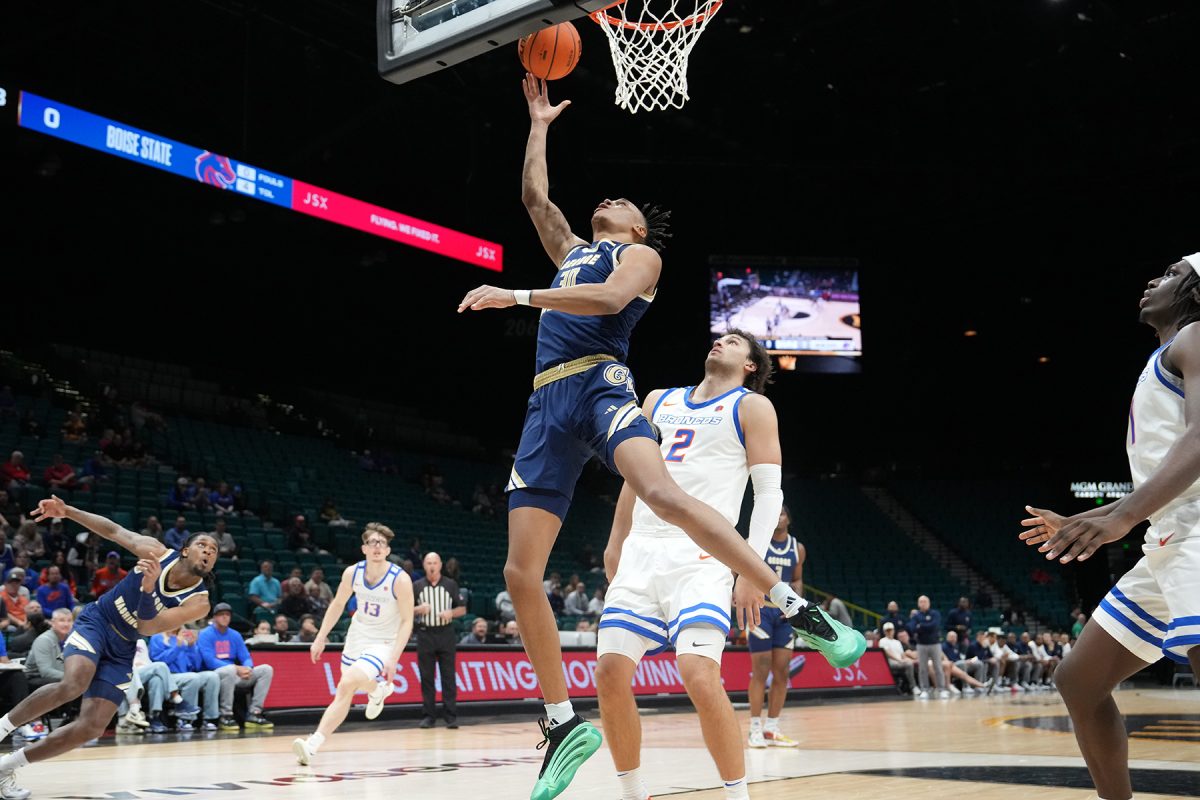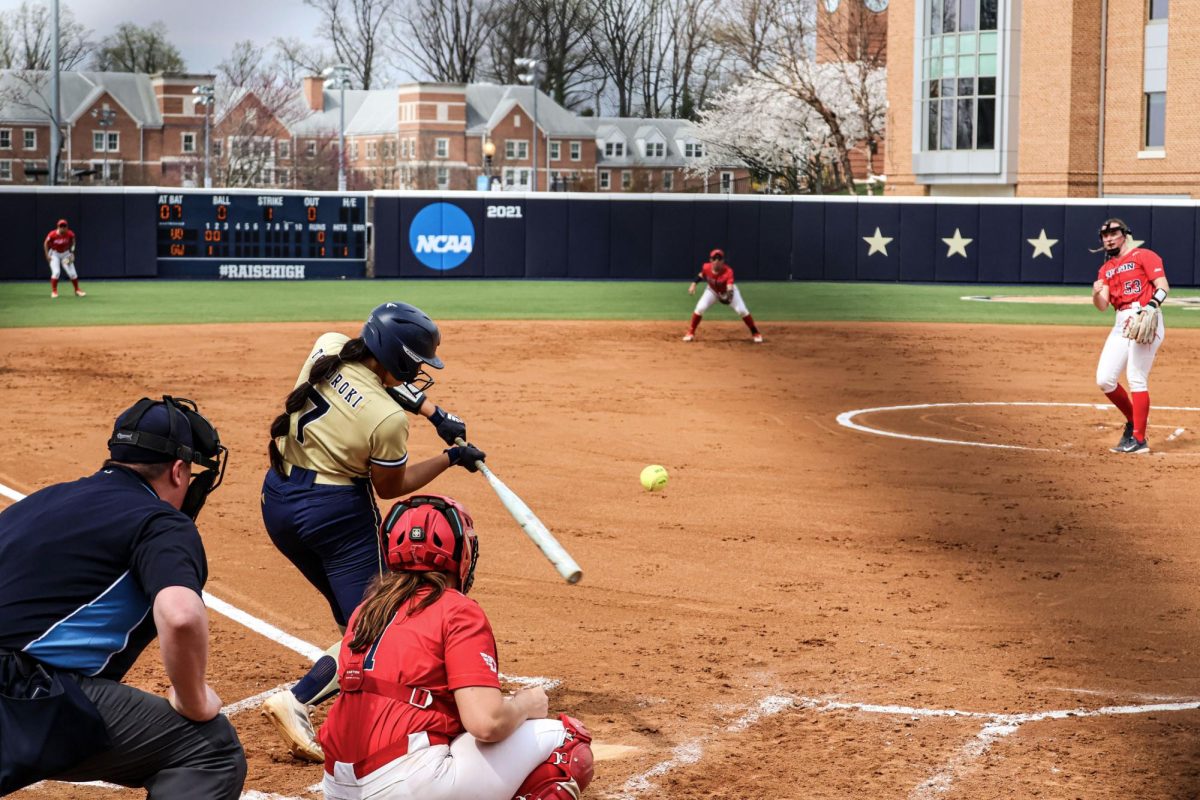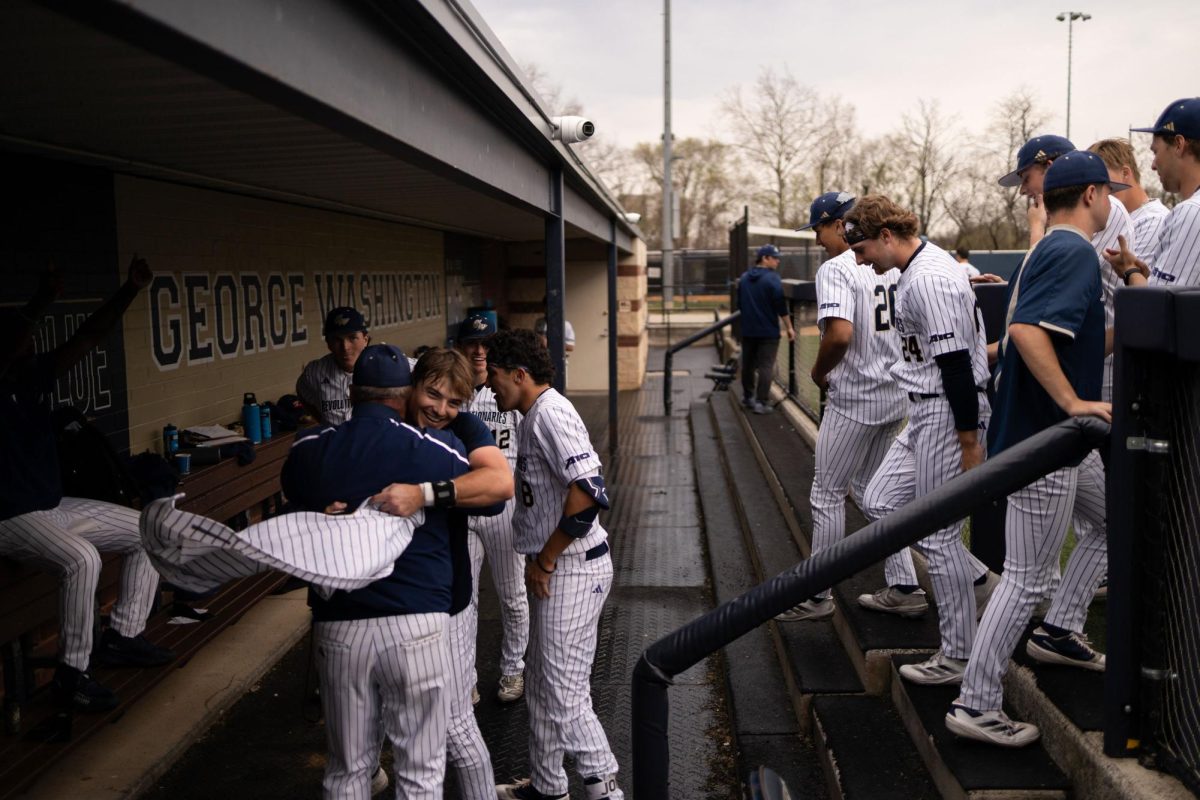Posted Friday, March 10, 6:23 p.m. The Faculty Senate will look into how GW admits athletes amid reports that at least two men’s basketball players attended academically suspect high schools.
University President Stephen Joel Trachtenberg addressed the checkered academic past of men’s basketball player senior Omar Williams at a meeting of the Faculty Senate Friday, stressing that the University violated no rules when it offered him admission.
“From what I can tell, the University has behaved appropriately . so far I have not seen anything to give me any reason to think you should have any concern,” Trachtenberg told the Faculty Senate.
Trachtenberg and Lilien Robinson, who chairs the Faculty Senate, said GW law professor Jack Friedenthal, who heads up the Senate’s Athletics Committee, is looking into the process of how the University admits athletes. Friedenthal was formerly dean of the GW Law School.
The New York Times first reported Friday that a committee of the Faculty Senate will investigate the admittance of Williams and sophomore guard Maureece Rice.
Robinson said Friday that faculty members are wondering what the process is of admitting athletes and said they have concerns about anything that affects the reputation of the University. Friedenthal could not be reached for comment Friday. Trachtenberg said the University’s Board of Trustees, its highest governing body, might also look into the situation.
Trachtenberg said he has talked to “the experts” about the situation, including Senior Vice President for Student and Academic Support Services Robert Chernak, Undergraduate Admissions Director Kathryn Napper, Athletic Director Jack Kvancz and men’s basketball coach Karl Hobbs.
“I know the admissions people. I know the coaches. I know the administration. They’re all people who know the rules, and it’s implausible they’d duck around them,” Trachtenberg said.
Hobbs and Kvancz could not be reached for comment as of early Friday evening.
Trachtenberg opened his remarks by blasting The Washington Post, saying that the publication “rained on the University’s parade” when it splashed a front-page story in last Sunday’s edition that chronicled Williams’ high school career.
“You always have to be a little embarrassed when you get what appears to be bad press,” Trachtenberg said of the coverage of Williams.
According to The Post, Williams went to several dubious high schools over a span of seven years and never received a high school diploma. Trachtenberg said The Post should have held the article for a week instead of running it the day after GW’s overtime win over Charlotte last Saturday.
Trachtenberg also said he is “absolutely, totally, completely” certain that the faculty is not cutting Williams or any other men’s basketball players any slack when it comes to grades, based on their academic transcripts.
Trachtenberg said there may be a “shortcoming” in the NCAA Clearinghouses’s rigor of screening and suggested it may be in need of changing. He said the University adheres to the clearinghouse’s decisions, at a minimum, and said only after an athlete has been approved by the clearinghouse can the University consider him for admission.
Trachtenberg also suggested that athletes might be subject to an even more rigorous review by the University than traditional, non-athlete students due to the extensive interviews they receive from the coaching staff.
In its Friday story, The Times highlighted several of Hobbs’ recruits that it identified as coming from high schools with questionable academic credentials.
Junior Danilo (J.R.) Pinnock attended Costal Christian in Virginia, where there is no longer a team. Former players at the Virginia Beach school told The Times that there was nearly no work required of them.
While at Connecticut, Hobbs took Souleymane Wayne from Redemption Christian Academy in Troy, N.Y. Jeremy Wise, of Jackson, Miss., who has said to have committed to GW, also played at the upstate New York school. Wise also attended a Mississippi public high school that he did not graduate from, his coach told The Times.
Jake Sherman contributed to this report.






